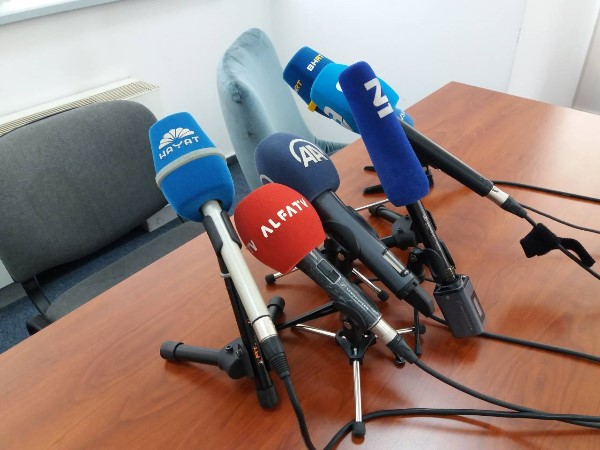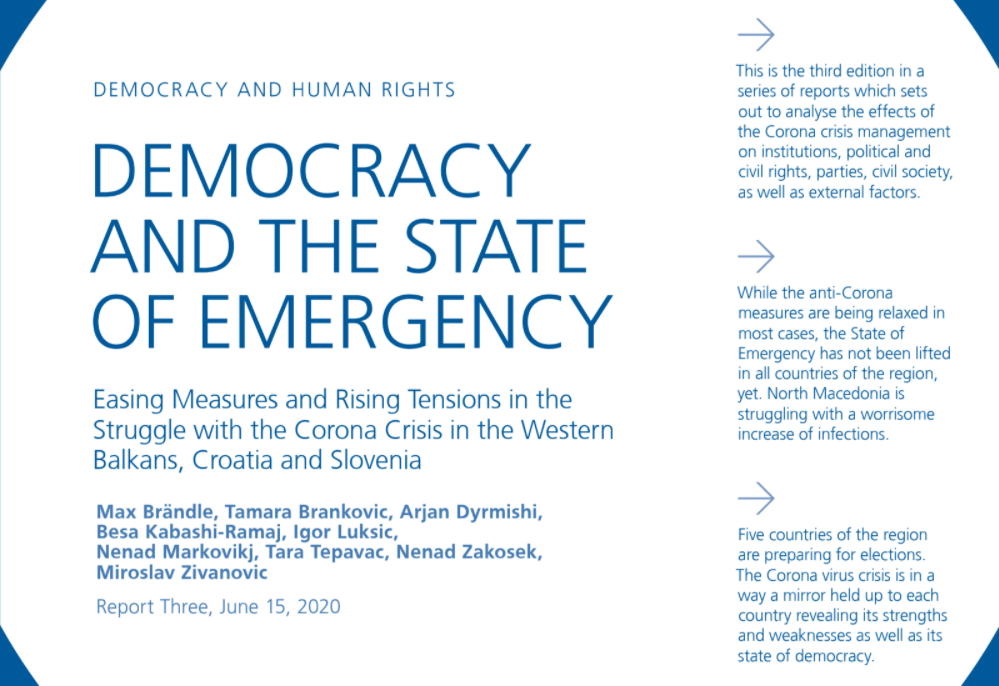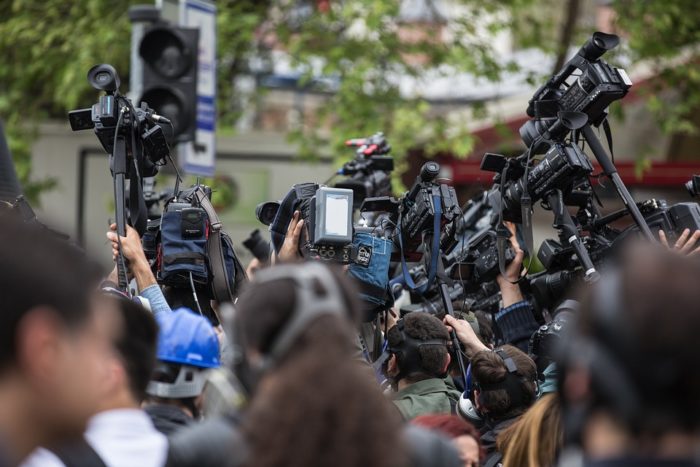
COVID-19 and economic consequences for the media in BiH
More than 88 percent of public and private media in Bosnia and Herzegovina suffered financial damage when it comes to income from marketing and other commercial activities during the COVID-19 pandemic, according to a survey by BH Journalists Association. The aim of the survey was to assess the needs of the media to address the economic consequences caused by the pandemic. The survey involved editors and owners of 51 public and private media from across the country.
Commercial media in BiH, especially radio and TV stations, as well as print media and online portals have been hit hardest by the economic crisis caused by the coronavirus pandemic, respondents said. In addition to the financial consequences suffered to a greater or lesser extent by virtually all media outlets in the country, the current crisis in a large number of media has led to reduced production of media content, and so far a smaller number of media had to lay off some of its employees – journalists and administrative staff.
Survey with media owners-COVID-19-and-economic-consequences

DEMOCRACY AND THE STATE OF EMERGENCY
Easing Measures and Rising Tensions in the Struggle with the Corona Crisis in the Western Balkans, Croatia and Slovenia…

MEDIA FREEDOMS AND SAFETY OF JOURNALISTS IN SERBIA APRIL – MAY 2020
In the light of Covid-19 pandemic many fundamental human rights are being compromised under introduced states of emergency. This is why Independent Journalists Association of Serbia collated some of the recent developments in Serbia that influence levels of media freedoms, right to being informed and safety of journalists. Such developments add more pressure on society already recording further deterioration of rule of law and democracy. International organisations such are Reporters Without Borders and Freedom House recognised these trends Independent Journalists Association of Serbia and other civil society organisations have been warning
about in the last six years.

Guidelines for safe and professional reporting on coronavirus (COVID-19)
The publication, in the first part, offers guidance on ethical, professional and responsible reporting on coronavirus in a situation of global pandemic. In that context, recommendations have been for journalists to use relevant sources of information, avoid sensationalism, use appropriate vocabulary, use visualization carefully, and more.
The second part of the publication refers to protection and self-protection of journalists and media workers in the COVID-19 pandemic. This section discusses standard measures of precaution, as well as recommendations for reporting of journalists and media workers from the field, as well as guidelines for editorial work and guest appearances on TV shows.

World Report 2020 by Human Rights Watch
World Report 2020 is Human Rights Watch’s 30th annual review of human rights practices around the globe. It summarizes key human rights issues in more than 100 countries and territories worldwide, drawing on events from late 2018 through November 2019.
The report also analyzes media freedom in these countries.
